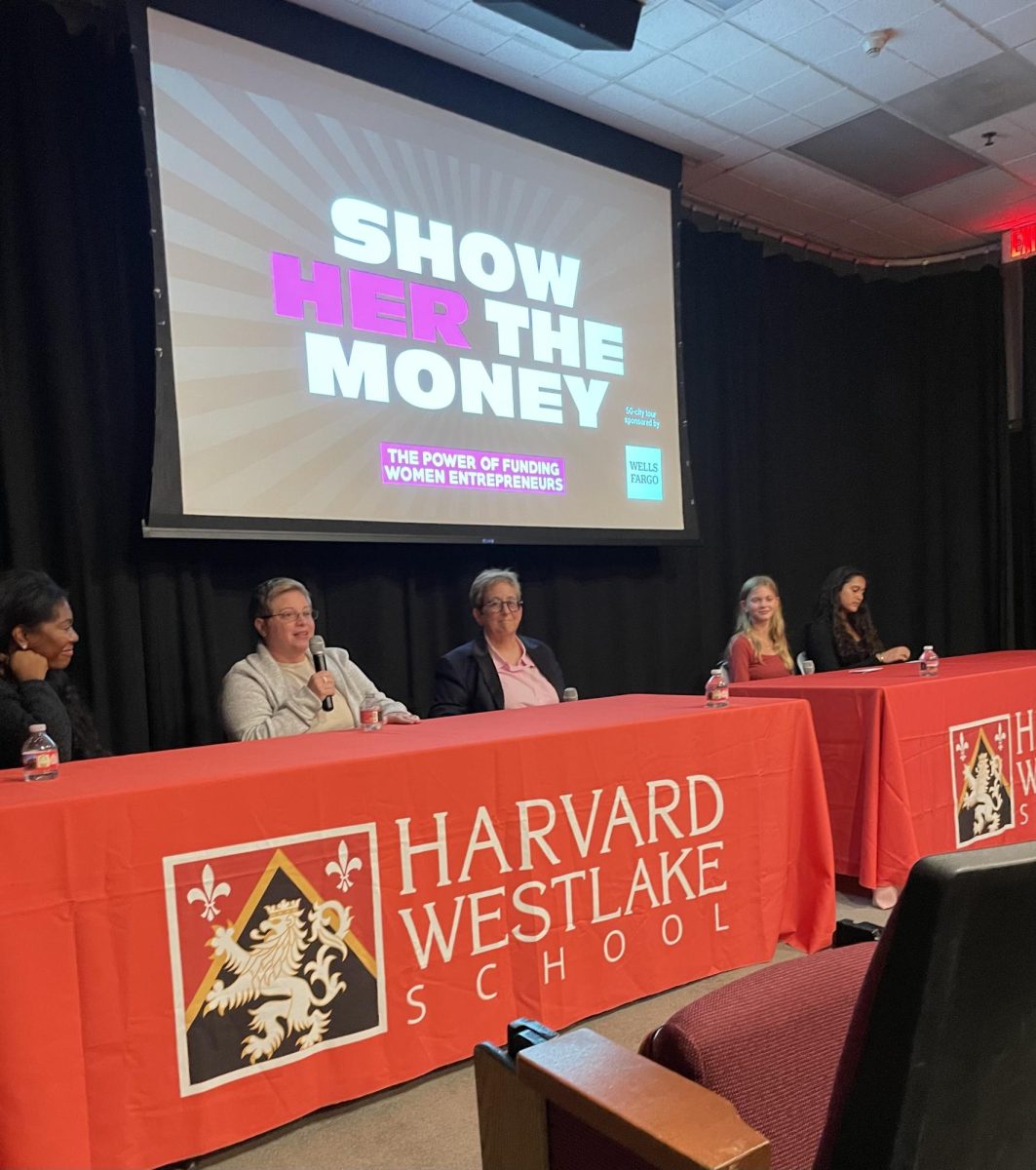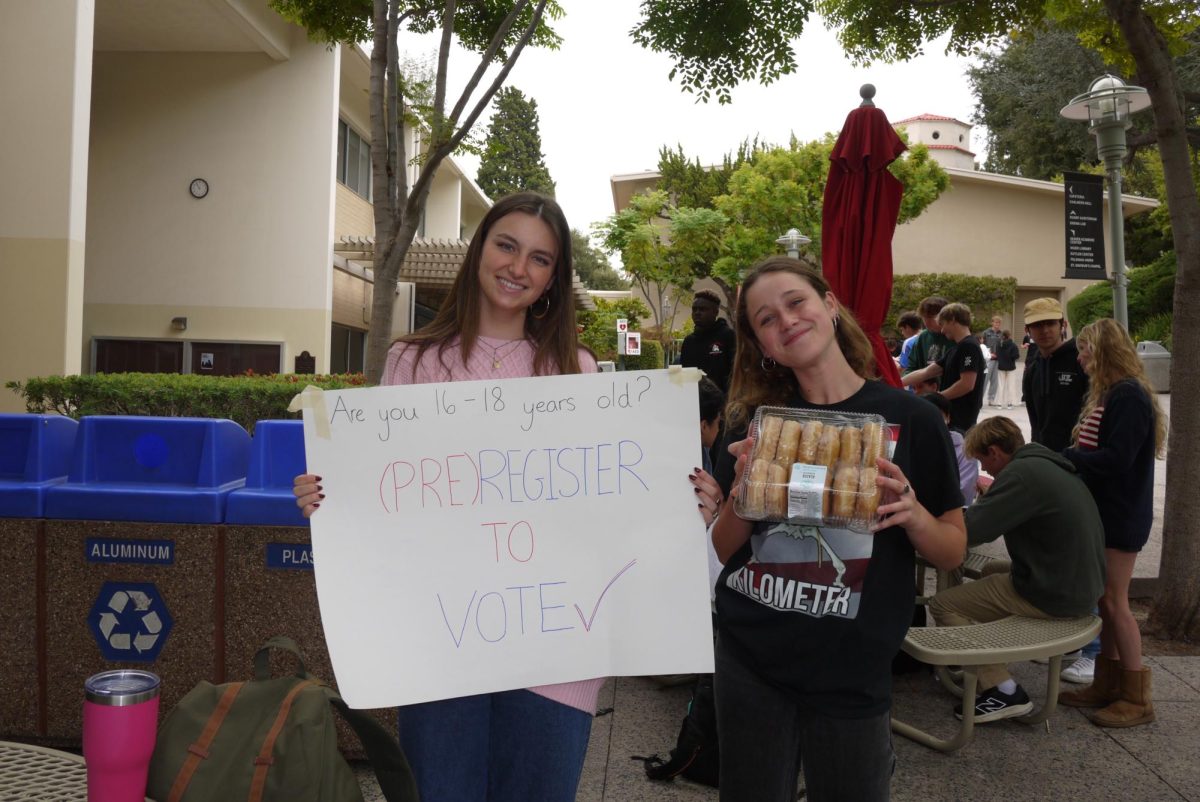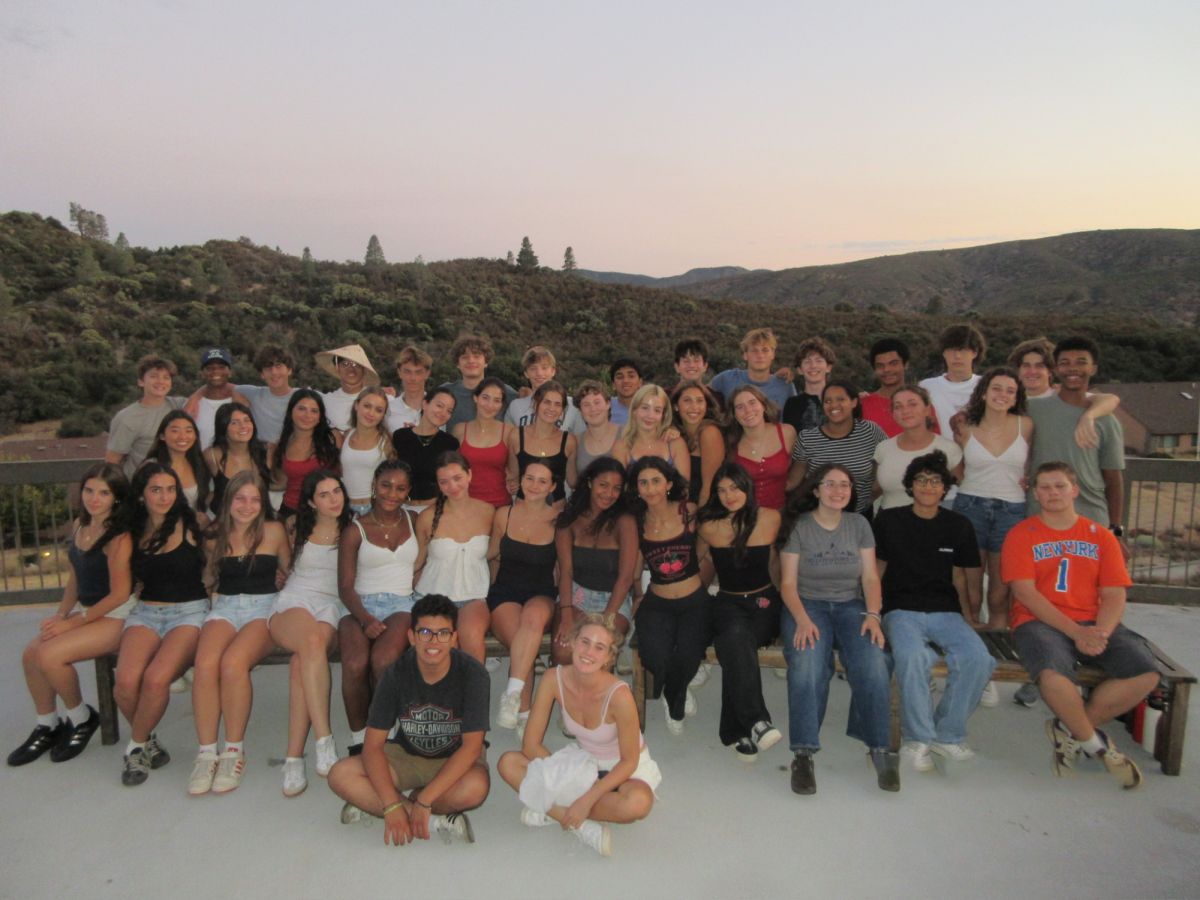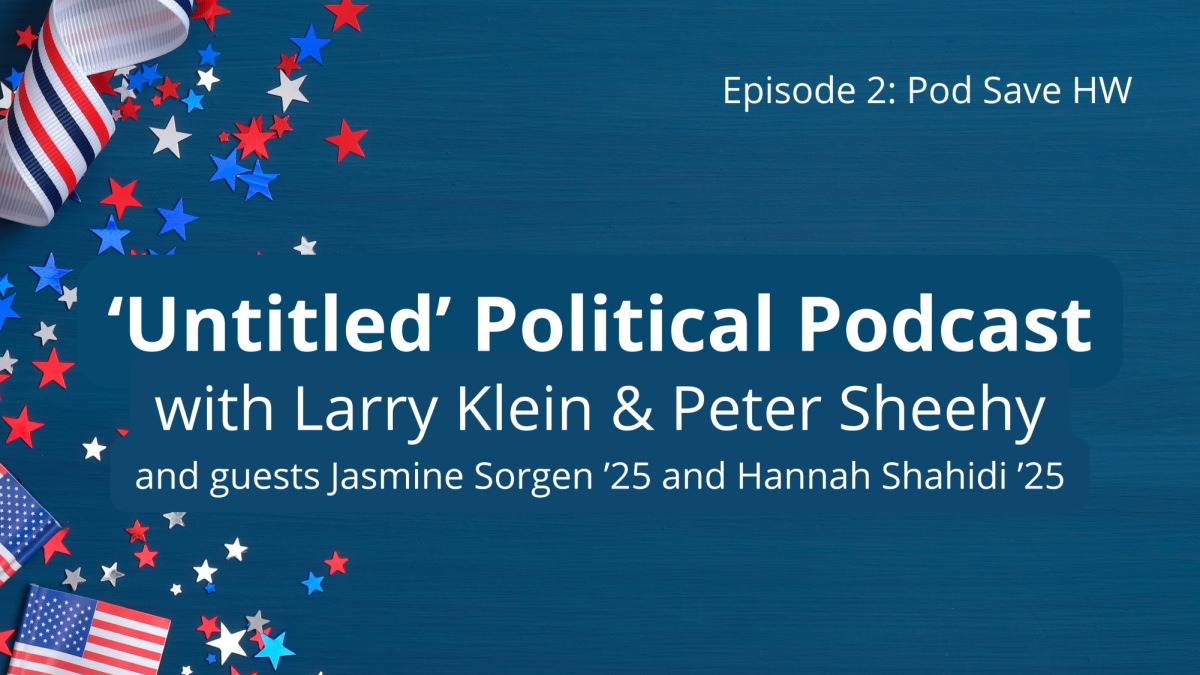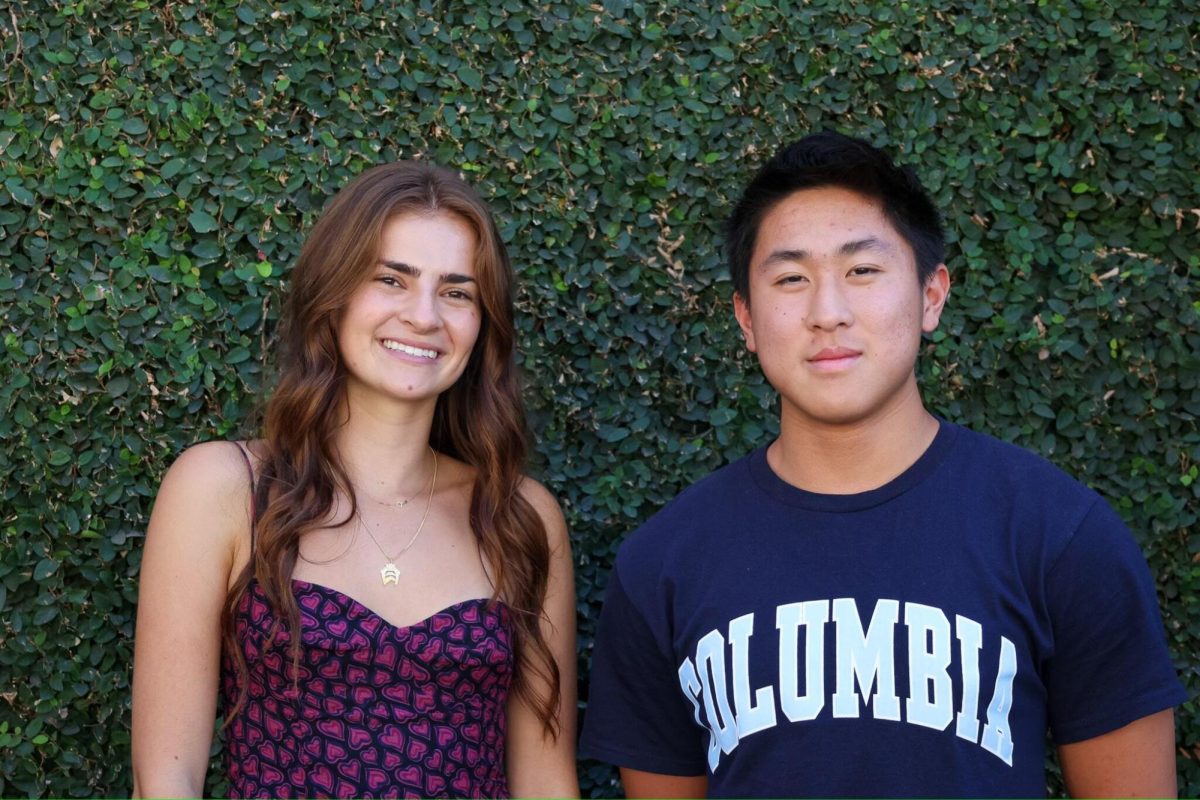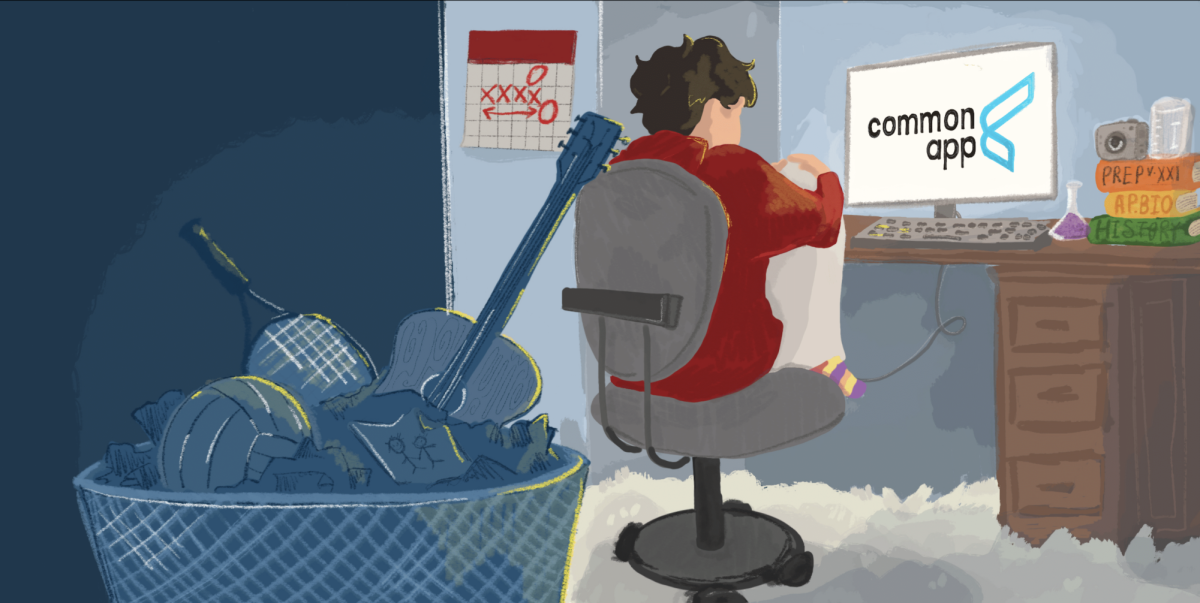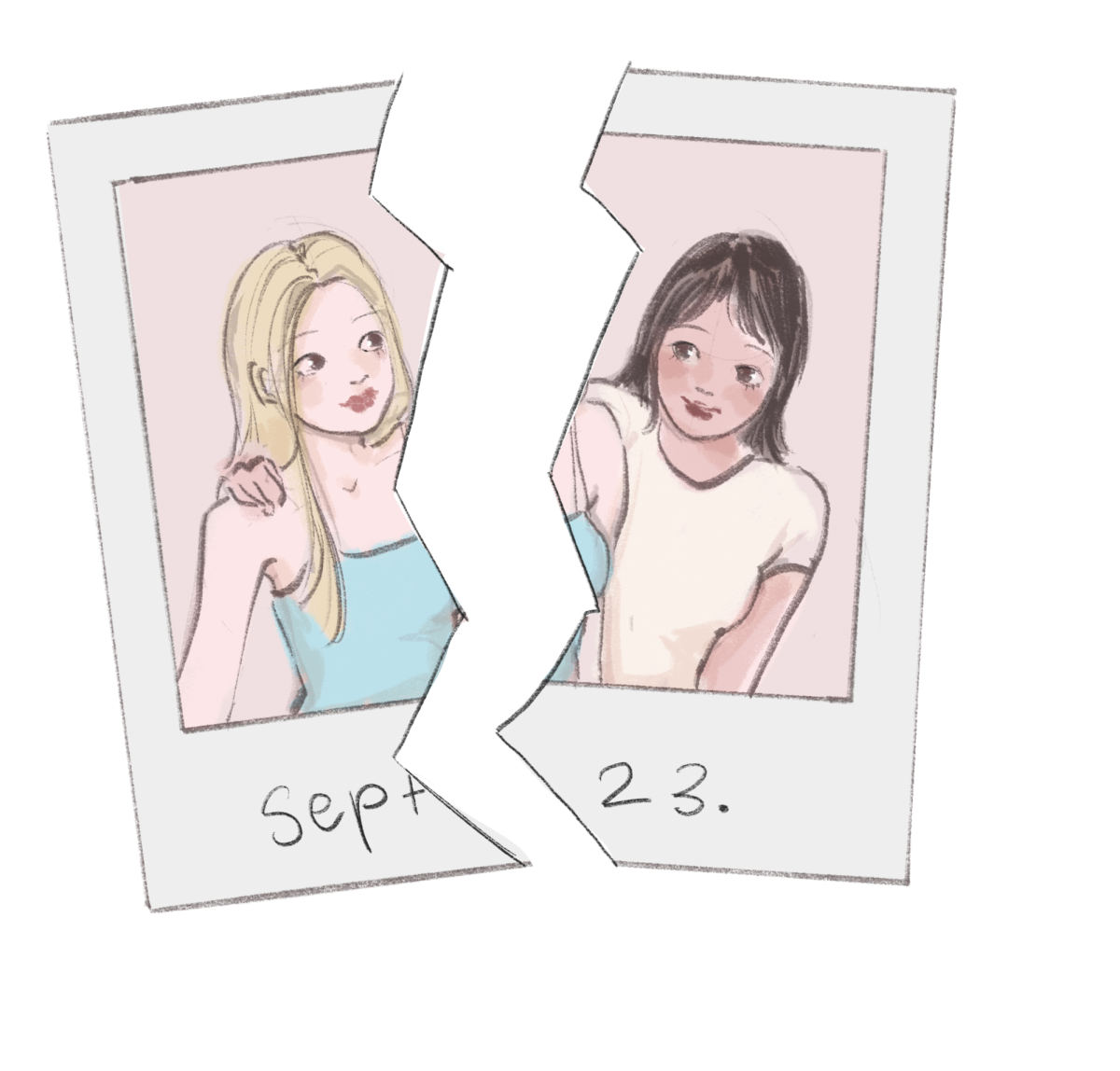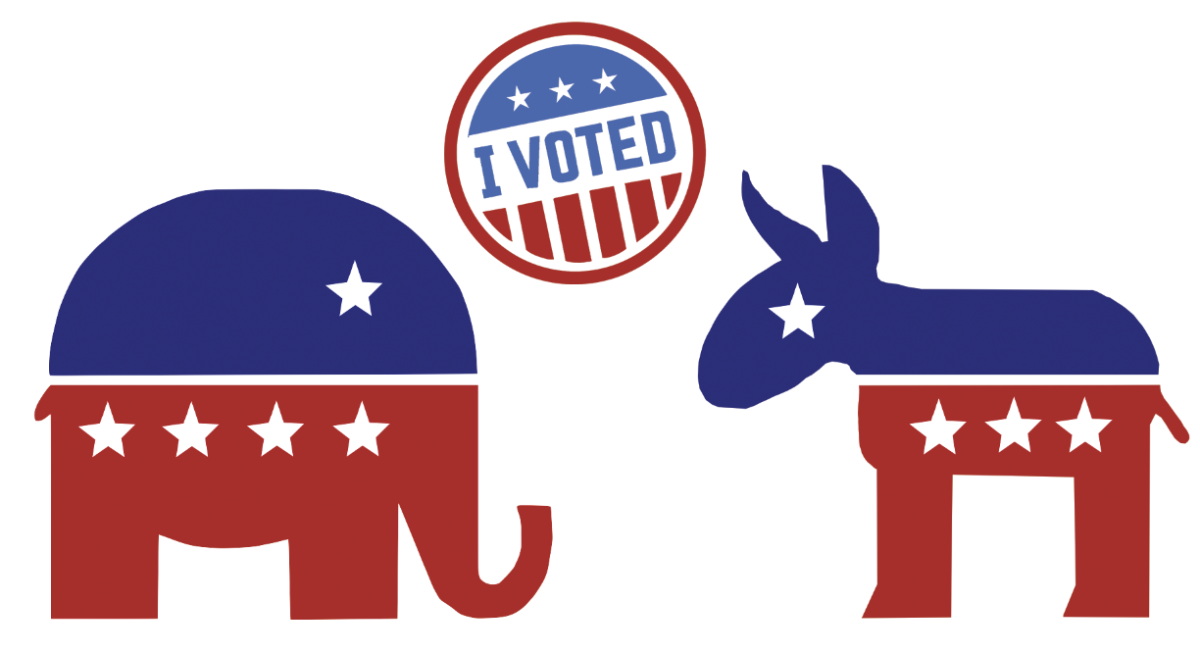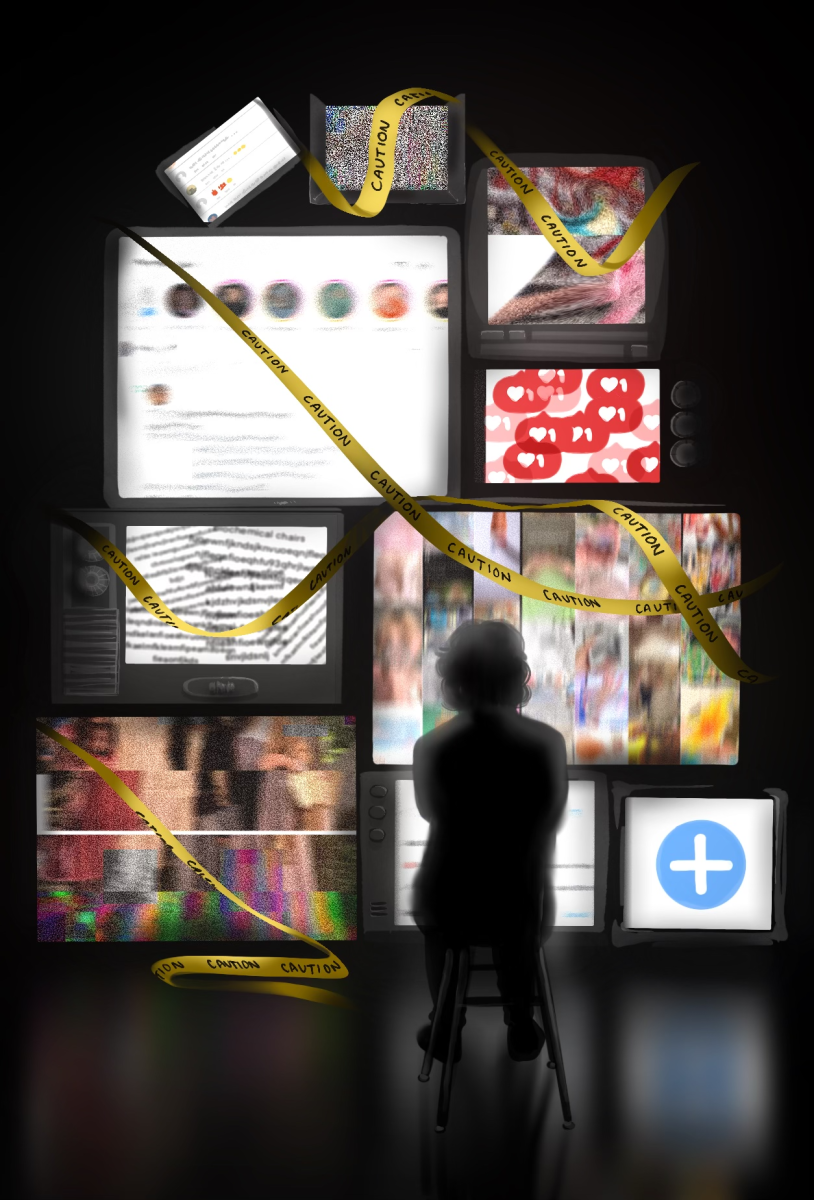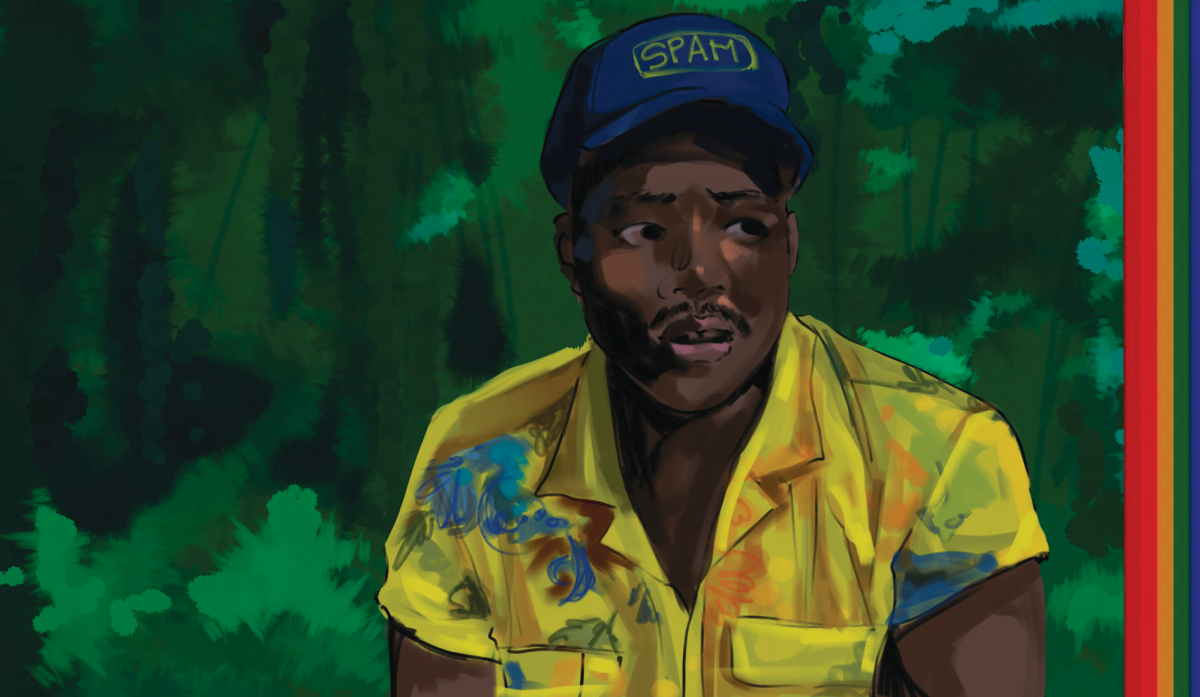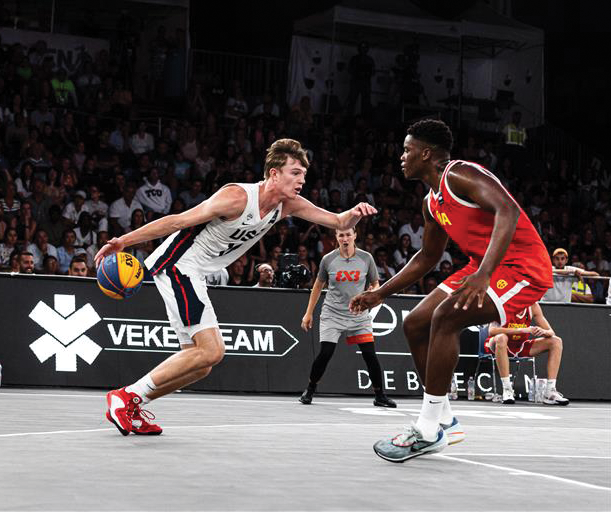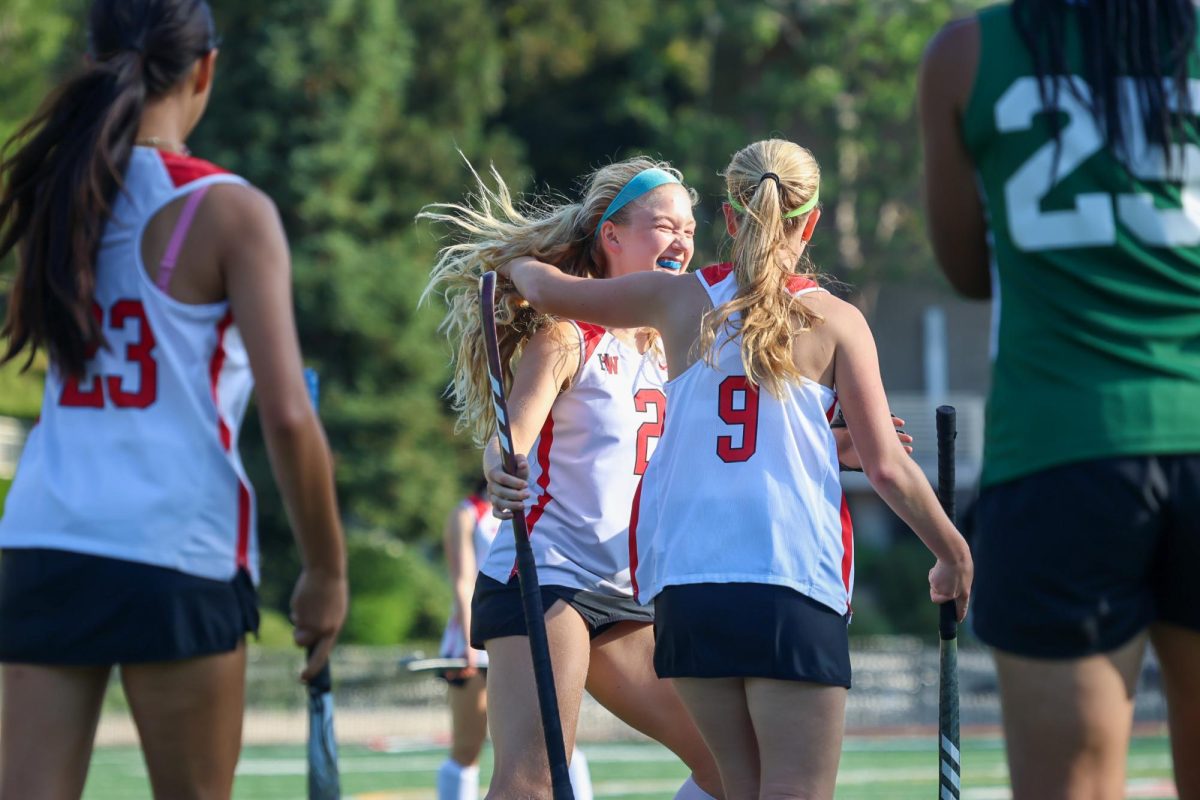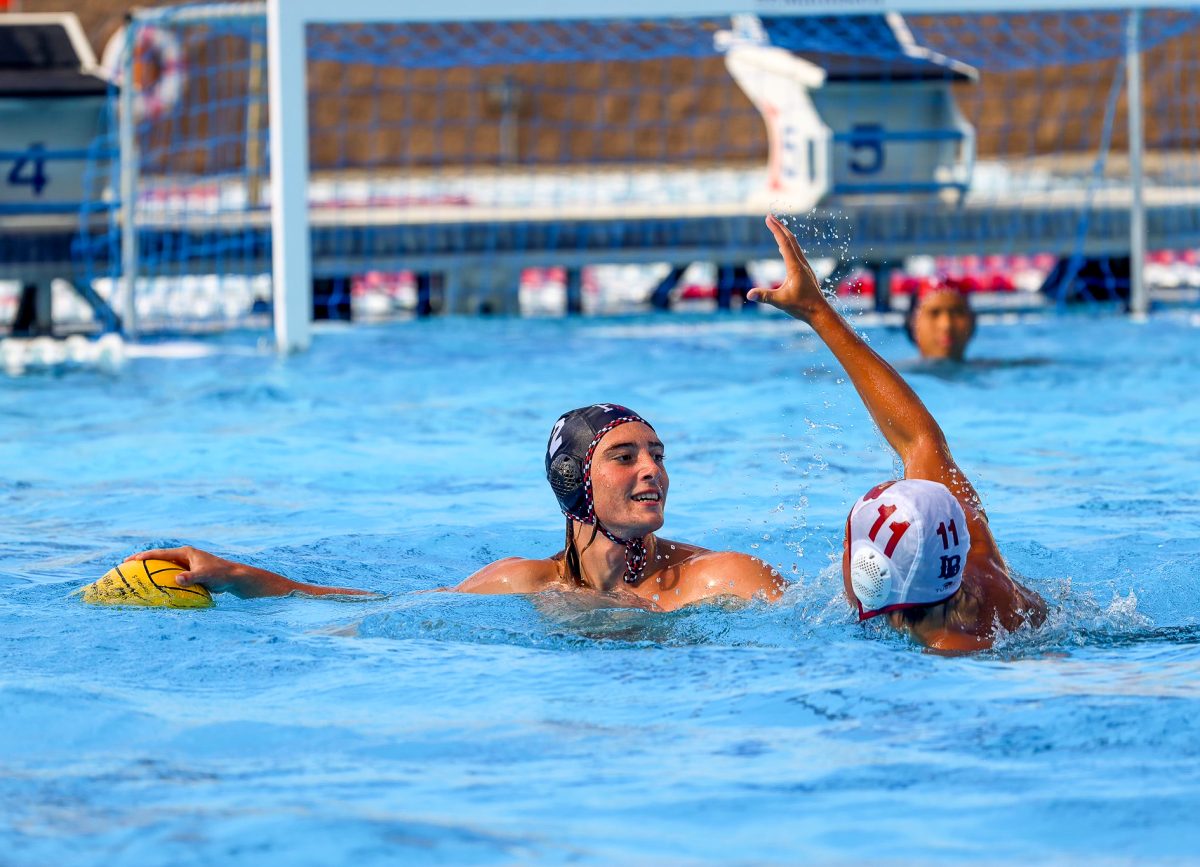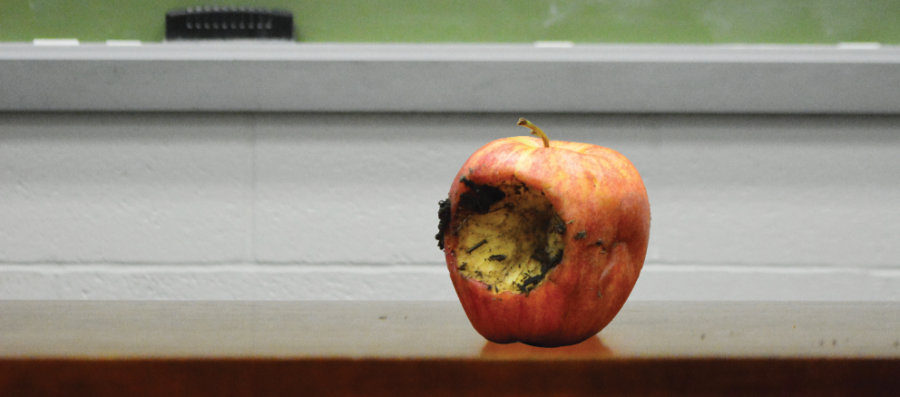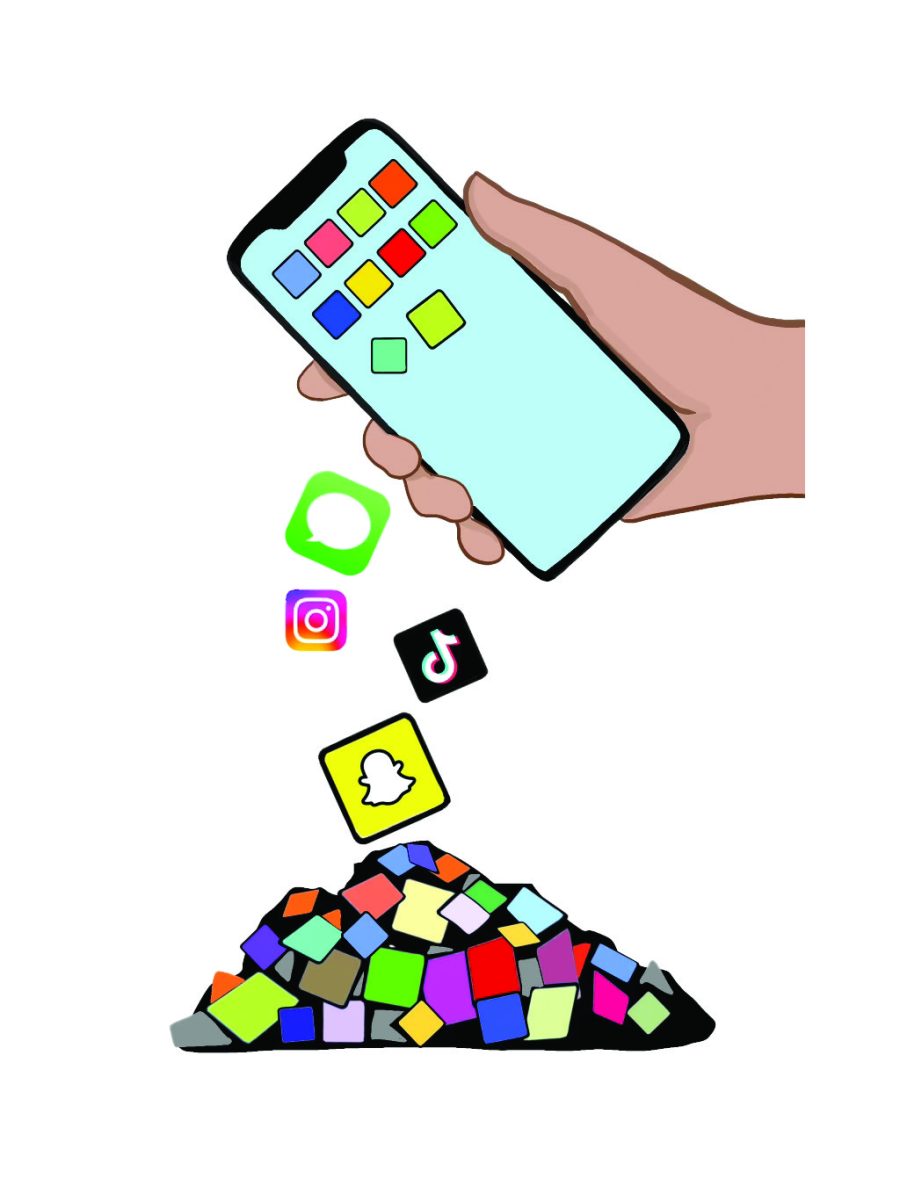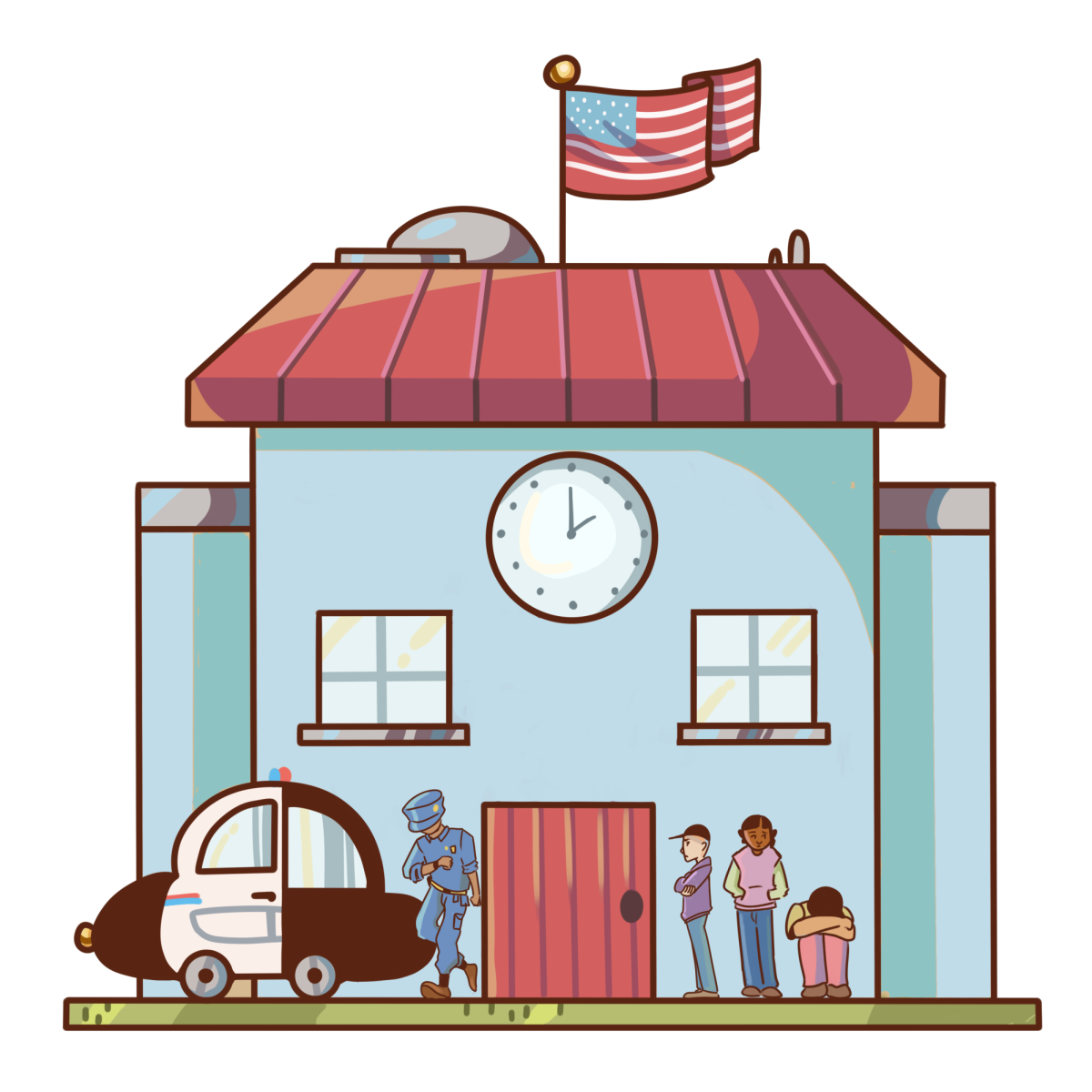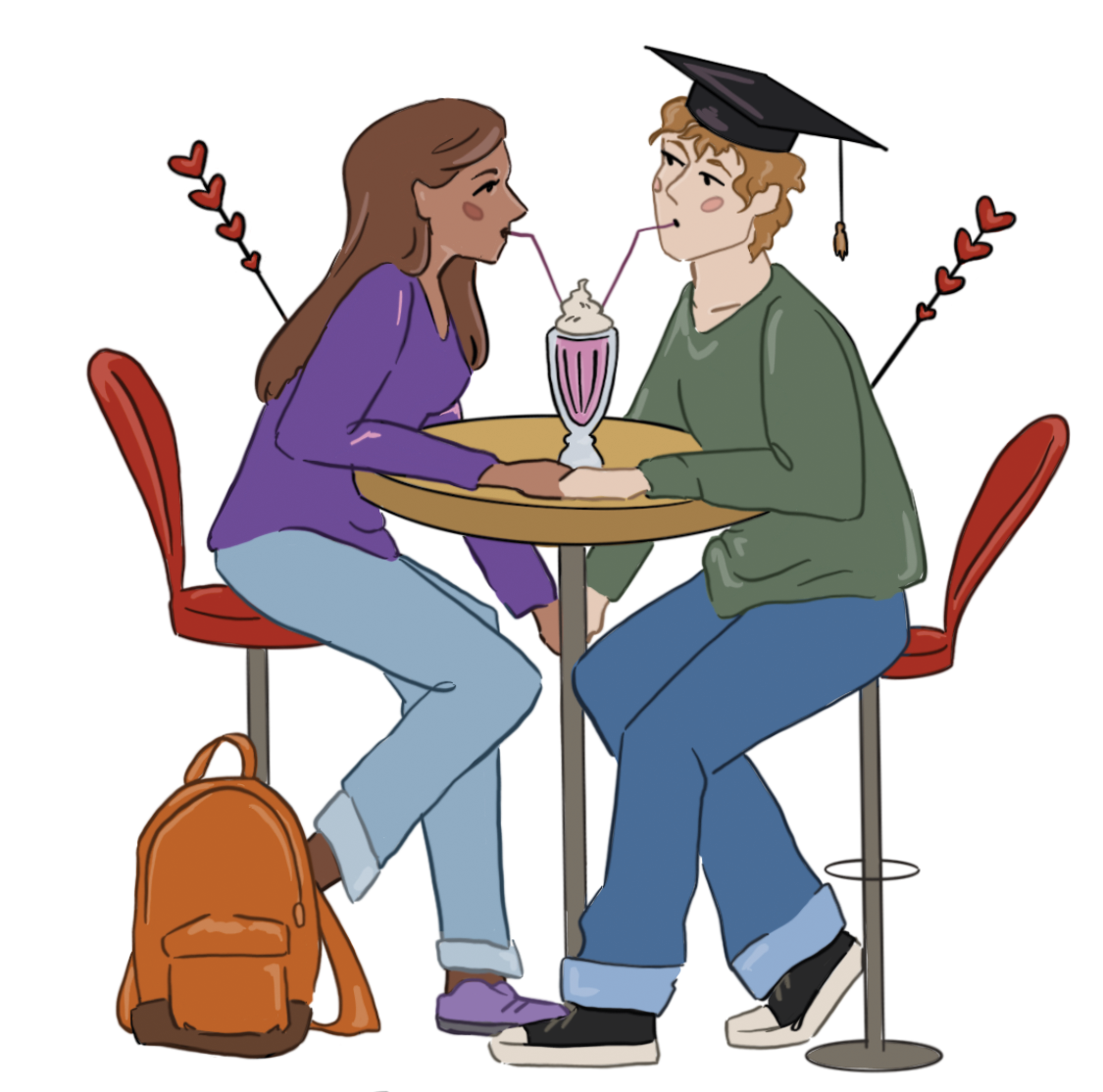Bill* sprinted from his dean’s office to his mother’s car with tears streaming down his face, hoping his dean could not see him crying through his office window.
He had just been reprimanded for goofing off in his middle school history class. His teacher had previously talked to him about the issue. Bill apologized immediately, promised to change his behavior and was forgiven, thanks to his strong relationship with his teacher.
He said he thought the issue had been resolved when his dean approached him at the end of the day to discuss his lack of seriousness in class. His dean had already intimidated him and made him feel disliked, he said, for reasons he could not identify.
“He asked me why I thought I could get away with my behavior,” Bill said. “I said that I thought it was because my history teacher and I were friends and he responded, ‘Your teacher has friends, you are not one of them. I have friends, you are also not one of them.’”
This was the comment that upset him the most, as he considered it his dean’s responsibility to be someone that he could go to with any issue at any time. It was a blatant example of favoritism, he said, as this same dean had clear favorite students whom he would praise in front of the grade frequently.
Throughout the year, Bill said his dean continued to have a short temper with him and single him out.
“I absolutely lived in fear of him in middle school and my self-esteem and confidence was at an all-time low, solely because of him,” Bill said. “I hated going to school, because he was there.”
According to a study conducted in 2015 by PsychCentral, a mental health social network run by professional psychologists, teachers’ tendency to treat some students differently is often either subconscious or reactionary to a student’s behavior. However, it can often be detrimental to students’ confidence in their abilities.
Out of 352 Harvard-Westlake students polled, 87 percent said they have witnessed a teacher pick on a fellow student, and 63 percent said they have had a negative relationship with a teacher. 87 percent said they felt this relationship affected their ability to succeed in the class.
“I mean this in the nicest way possible, but teenagers are notoriously self-centered and kind of think the world revolves around them,” Upper School Dean Beth Slattery said. “A lot of times kids are only paying attention to how they’re being treated.”
Slattery said she agrees with the idea that different treatment is usually subconscious.
“Occasionally I have had a teacher admit that they snap at certain kids because they feel disrespected, and so they can’t help treating them differently,” Slattery said.
Bill said he disagrees with the principle that if a teacher or authority figure feels disrespected by a student, targeting that student is the best way to handle the situation.
“I see how it could be a tough love sort of thing that works with some people, but teachers need to realize that it absolutely does not work for others and stop, because kids do things subconsciously too and can be really sensitive,” Bill said.
Upper School Psychologist Kavita Ajmere conducted a study on the impact of teacher comments during graduate school. Ajmere surveyed college sophomores, asking them about their experience with teachers.
“People were writing about things from what happened to them in third grade or fifth grade,” Ajmere said. “When we have an emotional impact that can be potentially negative, it can inhibit our process of learning.”
Jamie* ’19 agreed with Ajmere, as she felt unmotivated to work hard in a class after a negative experience with her teacher, she said.
“I was messing around laughing with a couple of other kids at the end of class, which I shouldn’t have been doing, but then my teacher got really fed up and said that I ‘didn’t have time to be goofing off,’ and put my grade spreadsheet up on the board,” Jamie said. “It was really embarrassing.”
While Jamie said that her teacher humiliating her was effective in stopping her and anyone else from misbehaving in class, she said she wished her teacher had been more respectful of her feelings.
“I could not tell you why she had to do that,” Jamie said. “I was just like ‘oh my God this is so awkward,’ and I was messing around but it was only because I had asked the same question so many times because I was confused and she kept ignoring me. I just kind of didn’t talk at all in class anymore and stopped caring.”
Ajmere said that the appropriate way for teachers to handle feeling disrespected is to have a calm and mature conversation with the student.
“I don’t think that public shaming has ever helped a student,” Ajmere said. “I genuinely think students have good intentions and they don’t realize sometimes when they are being disruptive. However, when a student continues to be disruptive, sometimes we have short fuses.”
Nicole Bahar ’18 said she has also experienced being treated differently than the rest of her classmates. Although she described herself as a dedicated student in her middle school English class, she also described herself as the student her teacher liked least, even less than those who slacked off or disrupted the class.
Her teacher would constantly take small digs at her, she said. At first she thought they were funny, but then they became personal.
As the year went on, her teacher’s temper with her became shorter and he would insult her intelligence in moments that it was uncalled for, Bahar said.
“I was working quietly on an in-class worksheet with a classmate, and we were laughing about something that happened in a book, and my teacher exploded,” Bahar said. “We were doing group work, he only got angry with me, and he called me out in front of everyone, saying ‘God, you are such an annoying kid,’ which felt like a very personal attack.”
Bahar said this remark caused her to tear up in front of her class, while her teacher seemed to feel no sense of remorse.
“When he called me annoying, I already struggled with the class due to my anxiety over my teacher’s opinion of me,” Bahar said. “I think he knew how much I cared and was trying to impress him, too.”
Slattery has dealt with similar situations before, at times acting as the mediator between teacher and student to help fix the relationship.
“Sometimes intervention can be helpful, because I do think [the way a teacher treats a student] can affect a student’s ability to do well in a class, because it can end up being self-sabotage, because kids will get convinced that no matter what they do, their grade will not go up,” Slattery said.
However, Slattery said that the most proactive resolution is for the student to talk to the teacher himself or herself.
“Usually, the problem is not that the teacher doesn’t like you, it’s that for a lot of kids, when they feel a teacher doesn’t like them, they avoid that teacher like the plague; really, the best thing is to do the opposite and bridge that gap so that the teacher knows how much you care,” Slattery said.
After continuing to feel personally victimized by her teacher, Bahar decided to take this approach.
“He actually admitted to purposefully picking on me at times, and apologized,” Bahar said. “He said he recognized and appreciated the hard work I put into his class, which I don’t think validates his actions, but he definitely was kinder after we had a conversation about it.”
Bahar said she felt a sense of relief after the conversation. Slattery said that differences in teacher-student relationships are an avoidable problem.
“Teachers are human, too. They make mistakes,” Slattery said. “A lot of the time, I think kids need to take ownership for their actions. That’s the first step.”
*Names have been changed.

